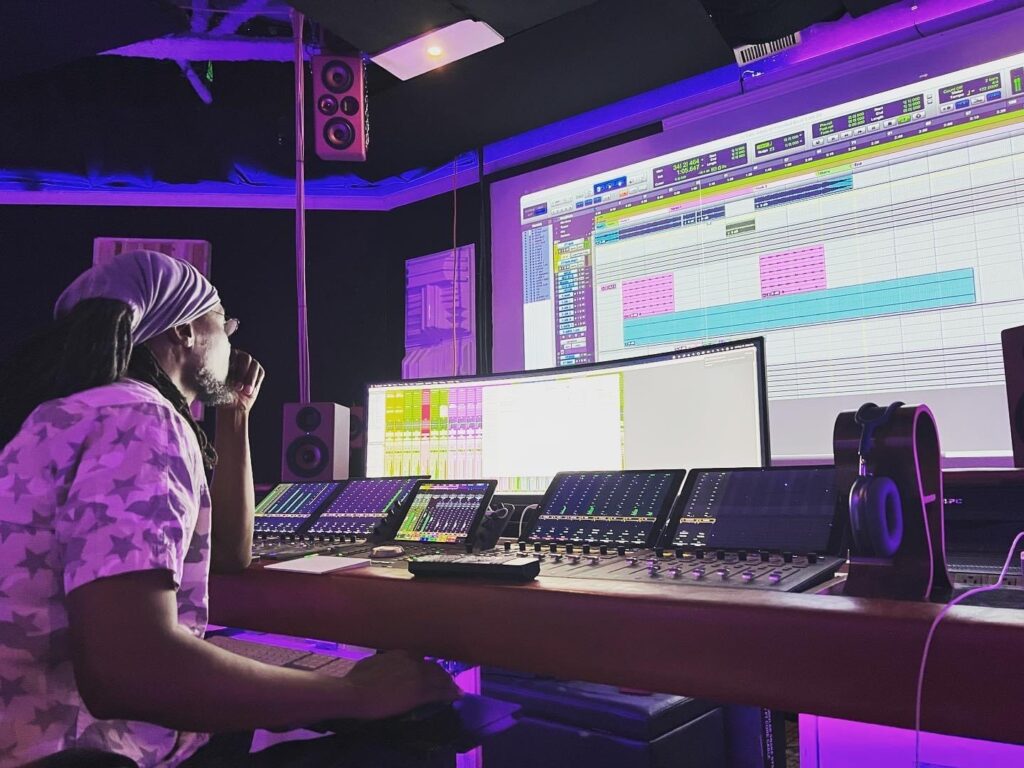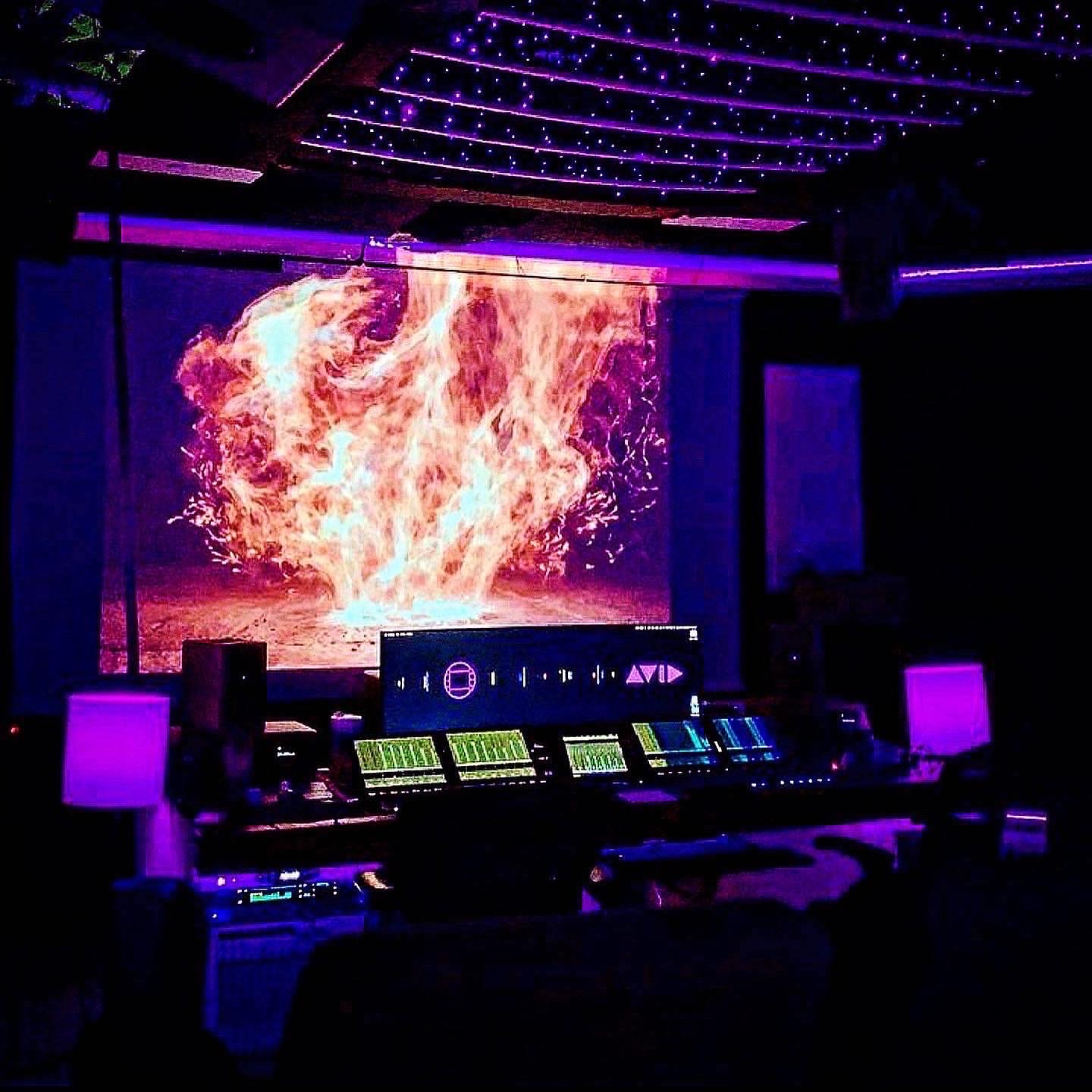Music production is a commercialized art in the world of technology and pocket smart devices. Audio engineering was not in existence 300 years ago. But music-making goes back thousands of years when musicians used to play at the court of kings & queens or in a temple. If we look closely, audio engineering’s whole purpose revolves around the art of sound. Its sole purpose is to make music more personal, impactful, and beautiful.
Audio engineers give a new dimension to audio. However, this beautification must not destroy the purpose of the act which is the art of the audio. Even if you’re a technical person such as an Audio Engineer, you can’t ignore creativity. Losing that will smash your whole music production and the result will be disastrous.
In this article, we are going to discuss Modern technological audio engineering from a musical perspective. Its effect & how you can enhance your productivity in music production.
What is Audio Engineering?
Audio engineering is the process of mixing, recording, and manipulating the audio. Reproduction & processing of the sound also comes later in the process. The process is done by capturing, mixing, editing, and enhancing audio content for different platforms and purposes.

Audio engineering holds a very important role in today’s broadcasting & music production. The most valuable platforms for Audio engineering are Television, Live events, gaming, broadcasting, music production, and making advanced technological handset devices to lead the technological world.
Audio engineers are the artists behind the audio we listen to. They record, mix, manage, and process audio pieces for our entertainment. It all started when the engineers started recording audio in a CD almost 100 years ago. Now they are integral parts of the Audio Industry.
The Role of Audio Engineers:
As mentioned above, the role of Audio engineers is to manipulate the audio used in any electronic device such as Television, Broadcasting, or mobile handsets. Movies are the main playground of sound engineers for which they record, mix, process, and master the audio for songs, background music, and vocals.
The involvement of audio engineering makes a song more impactful & precise. For example, listen to a 40s song and listen to any modern time song of the same segment. You will find a vast difference in audio quality, complexity, and feel. The 2-D songs have now become 3-D with audio placement techniques & Dolby Atmos. The complexity of a song has grown multiple times. Now you can listen to small beats going on in the background to give a sense of depth to a song. This is all because of Audio Engineers.
The Art of Music Production:
Music production or song production is a perfect mix of art & technology. The audience feels the music, dances to its beat, and doesn’t care about the technicalities behind it. Note this point. People don’t care about your technicalities. All they care about is music.

The art of music production asks you to understand the flow of sound. A flow of music that you feel and love to listen to repetitively. Music production is a combination of several stages of Music Production.
Recording:
The first act of music production is to record the audio pieces from instruments and mic. They need to carefully select the audio & the placement of the microphones, considering the characteristics of the instruments. The interplay of frequencies, dynamics of the audio, and spatial representation of the music are important in a recording.
Mixing:
Mixing is all about placing the selective audio pieces into the track in a cohesive manner. This is where the magic lies. The volume, interplay of selective audios, manipulation of their volume, panning, and frequency enhances the music, clarity, and a pleasing sonic balance.
Musical understanding of mixing lets you play with the placement of the separate audios. The artistic decision of the placement is a must for creating 3-dimensional audio tracks.
Sound Processing:
Sound processing is the process to include equalization, compressing, and adding effects to the track. Sound processing requires a skilled hand on these tools to make the sound pleasing to the ears. But that’s not all. The engineer should be aware of the artistic nature of the musical ups & downs to create something divine & worth remembering. (Also, Read Stem Mastering)
How Musical Understanding Can Improve Audio Engineering?
Audio technology has been growing up since the invention of the first audio instrument. When the industry launched the Piano for the first time, it was a complex machine with buttons, white & black. However, when a music artist sat on the instrument, it became nothing but a sound-producing machine. The same equation fits correctly for all the available instruments. From flute to modern DJ boards, all are complex machines, working on advanced technologies but their purpose is to produce sound at the end.
Many audio engineers undergo a music class to understand how music works. This is not to play the drums or guitar in a band but to grow as a technician. Not only it helps you understand the music but also helps to place the missing pieces of music production. Not having musical taste makes you a technician but you won’t be able to understand the vision of the musician or singer. For that, you must understand the music and its impact on their song. Learning music helps you become an artistic engineer.
Let’s Collab Art & Technology:
Art is not about creating. It’s about discovering what already lies within you. As the technology grew with time, musical instruments became more complex. The art became more clear, impactful, and easier to learn. These complex devices made art easier for everyone.
The collaboration between audio engineers and musicians is what makes the process complete. It is important to know, understand, and sync your technical expertise with the vision of creative professionals. This will bring the magic together.
An audio engineer then can gain expertise in the ability to communicate & interpret musical concepts to technical actions. This is going to boost your audio engineering skills and you will become the favorite of the music industry’s creative people. 8 Benefits of Professionally Mastering Your Music
Conclusion:
As time passes, we’re moving into more advanced technologies. This helps us to make the music more impactful and personalized to people. However, being skilled with engineering equipment is not enough to make a piece of phenomenal music. Musical understanding gives you an edge in your skill. It helps you create tracks that are beautiful as well as crafted beautifully on the basis of audio engineering.


Leave a Reply